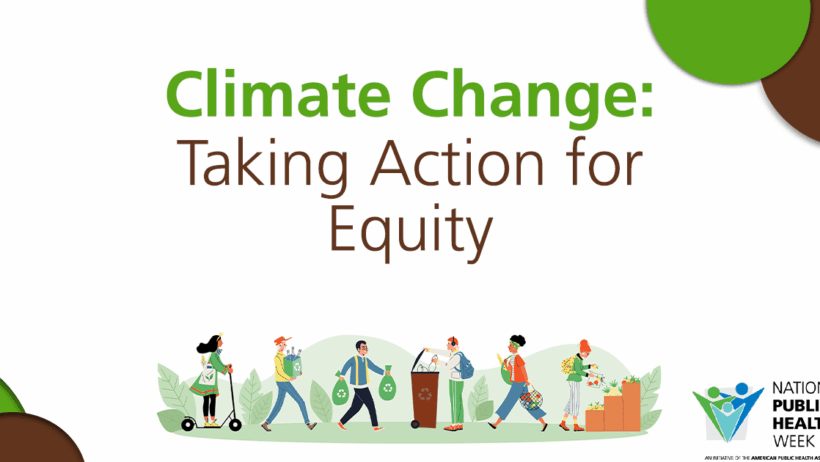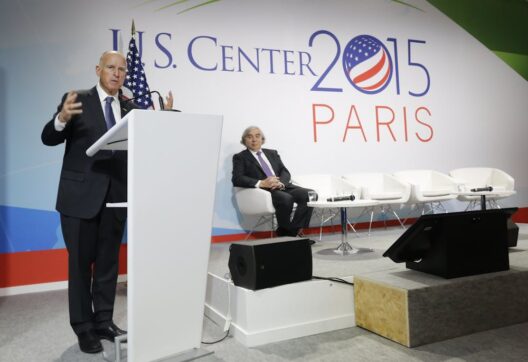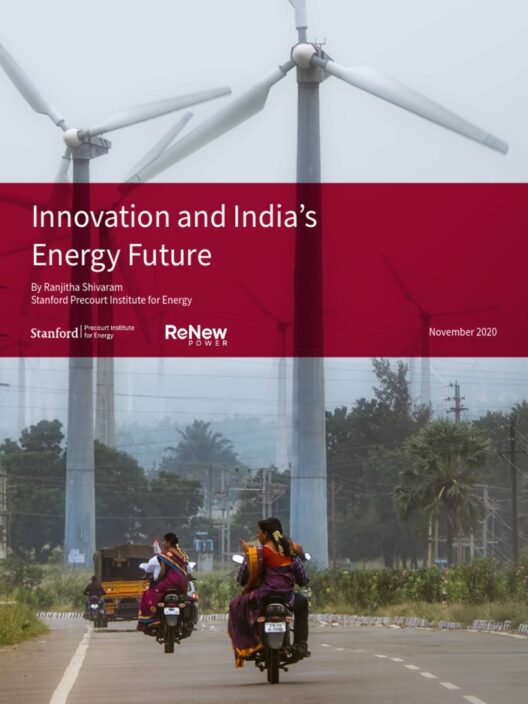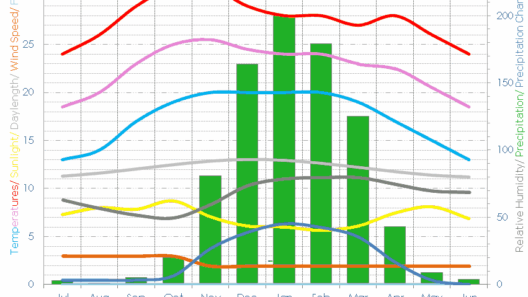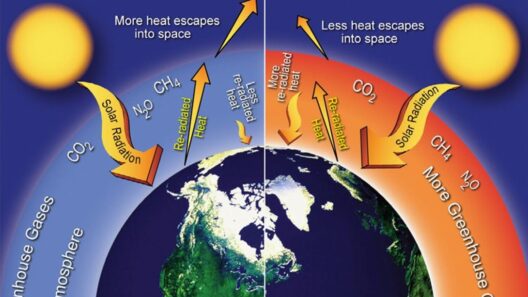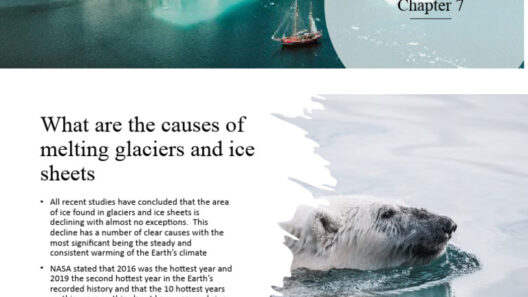What if every small action you take today could reverberate through time and create a healthier planet for future generations? This question beckons exploration as we delve into the pressing issue of climate change and the myriad ways individuals can take affirmative action. The moment for decisive action is now, and it starts with you. Committing to environmental stewardship may seem daunting, but by incorporating manageable steps into your daily routine, you can indeed make a significant impact.
Climate change manifests through a multitude of signs, from the rise of global temperatures to the increase in frequency and severity of extreme weather events. However, understanding that individual actions aggregate to form a formidable collective force is both empowering and critical. Each of us can contribute to a solution, and the process can be as rewarding as it is necessary.
First and foremost, raising awareness about climate change is a pivotal starting point. Share information with friends, family, and colleagues; discuss how these issues affect your community. When people are informed, they are more likely to become engaged. Organize or participate in community discussions, workshops, or online webinars that foster dialogue. This communal approach not only spreads awareness but also builds a network of motivated individuals who can encourage one another in the journey toward sustainability.
Moreover, personal consumption patterns play a substantial role in climate change. The phrase “reduce, reuse, recycle” presents a trifecta of principles that should become a way of life. Consider revisiting your purchasing habits. Are you opting for products with excessive packaging? Can you reduce single-use plastics in your daily life? Embracing minimalism in consumption encourages a shift towards sustainable products and brands that prioritize environmental stewardship. Furthermore, these choices generate a ripple effect; as consumers shift their purchasing power toward eco-friendly options, companies are compelled to respond.
Another important aspect of combating climate change lies in altering dietary choices. You might ponder—what’s for dinner? The answer to this simple question could hold considerable sway over your carbon footprint. Transitioning towards a plant-based diet, even partially, can significantly reduce greenhouse gas emissions. Consciously limiting meat and dairy intake, exploring local and seasonal produce, and minimizing food waste can collectively lead to meaningful change. Additionally, support local farmers and markets that practice sustainable agriculture, keeping your money within the community while encouraging responsible practices.
Transportation is another domain ripe for transformation. With the advent of electric and hybrid vehicles, combined with a renewed focus on public transportation, individuals have a myriad of choices to minimize their carbon emissions. Have you ever considered carpooling or using a bike for short commutes? Reducing reliance on fossil fuels is paramount to curbing climate change. If long-distance travel is inevitable, explore carbon offset programs that can help mitigate the impact of air travel. It’s important to mindfully assess our travel habits and consider greener alternatives where possible.
Energy consumption within our homes warrants scrutiny as well. Simple adjustments can drastically reduce energy usage. Switching to LED light bulbs, utilizing energy-efficient appliances, and embracing smart home technologies can minimize waste. Furthermore, conducting an energy audit of your home can illuminate areas where you may unwittingly excel in energy consumption. As you strive to lower your electricity bills, you’ll concurrently lessen your carbon footprint, promoting an ethos of sustainability.
Moreover, advocacy for organizational and governmental policies is essential. Write to your elected officials advocating for sustainable practices and climate-friendly legislation. Engage with local government initiatives aimed at climate action. Participating in climate marches or joining environmental advocacy groups amplifies the message that sustainability is not merely an individual pursuit, but a fundamental requirement for societal progression.
Take note of your own waste habits. The grim reality is that landfills across the globe are inundated with waste that could either be reduced or repurposed. Conduct an audit of your monthly waste: what can you recycle? Which items could be composted? By cultivating a habit of thoughtful waste management, you can contribute to a circular economy where materials are reused rather than discarded. Don’t forget to educate others about the benefits of composting, which not only reduces waste but also enriches the soil.
Engaging with local ecosystems can foster a deeper connection to the environment. Participating in tree-planting initiatives or community clean-up events not only beautifies your surroundings but also reinforces the vital ties between community health and environmental welfare. The act of planting a tree, nurturing it, and watching it grow offers a powerful reminder that change takes time, but the results can be profound and far-reaching.
As you ponder the impact of your choices, consider the larger picture. Realize that each action you undertake, no matter how minute, contributes to a vast tapestry of change. By embracing an attitude of purposeful responsibility, not only do you bolster your resilience against climate change, but you also inspire others to embark on their own sustainability journeys. The challenge lies in initiating today. What minor change can you implement in your life that can lead to a larger impact? This is the invitation extended to you—take action, take charge, and let’s begin reshaping the narrative on climate change together.
In summary, every decision counts. A commitment to sustainable living doesn’t have to feel like an insurmountable challenge. Instead, it can be a thrilling adventure marked by incremental changes that accumulate over time. So, what will you do to take a stand against climate change? The choice is yours, and the urgency is real. Your actions can pave the way for a sustainable future, but it all starts with a single step taken today.



